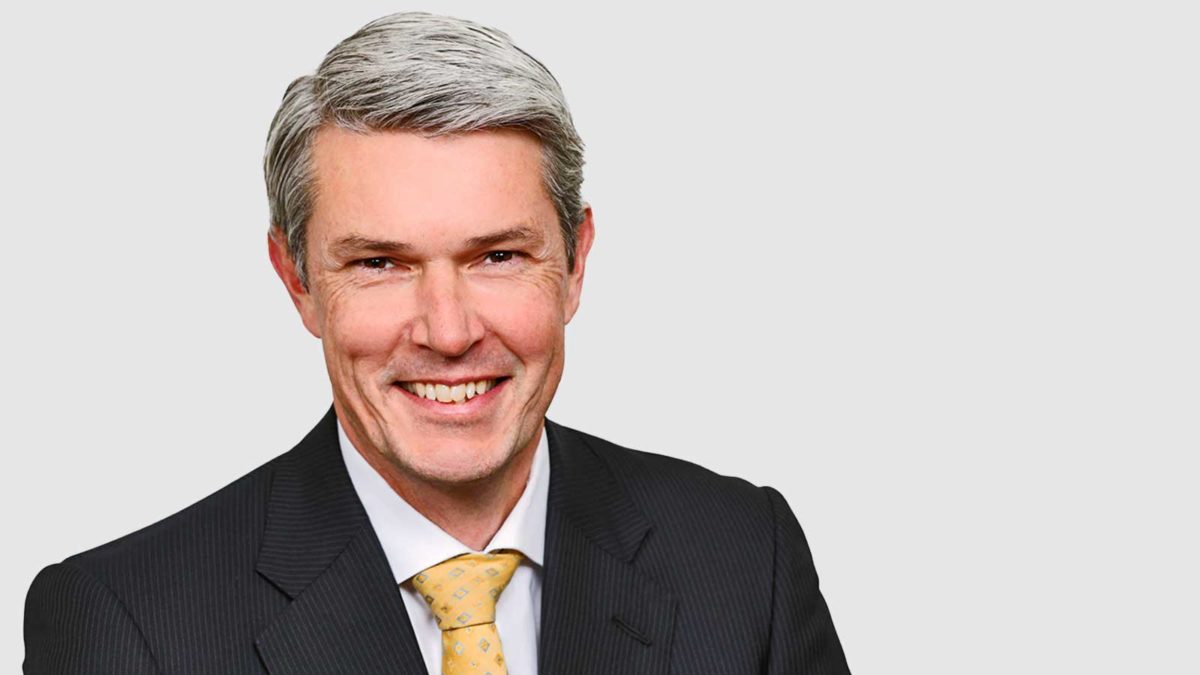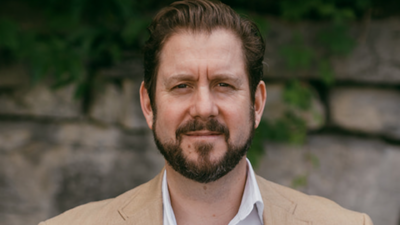Ninety One bond index a first in net zero action
Global manager Ninety One has launched an index for sovereign bond investors which provides an independently verified assessment of alignment with the Paris Agreement on net zero.
A feature of the index, the first of its kind, is that its inclusion of all major emerging markets, many of which are most impacted by both climate change and the transition to net zero, shows up the flaws in current index calculations.
Peter Eerdmans, Ninety One’s head of fixed income, said last week (October 28) that a first step in tackling the climate change crisis was to better assess whether an investment or portfolio was aligned with a credible net-zero pathway that worked for all of the world’s 7.9 billion people.
“No net-zero in some parts of the world means no net-zero everywhere… As a firm that has strong roots in an emerging market [South Africa], we understand this more than most,” he said.
The index – the Net Zero Sovereign Index – builds on the firm’s work with the World Wildlife Federation last year for the jointly developed Climate & Nature Sovereign Index. That project was a finalist last month in the PRI award for ‘ESG Research Innovation’, which was won by Sustainalytics for a study on risks and opportunities with the global food chain.
Ninety One also published a paper last month, ‘No one Left Behind: building an inclusive transition for emerging markets‘, which examined the flaws in interpretations of net-zero by both fund managers and asset owners. The flaws have led them to set portfolio-level carbon targets “which will stymie global net-zero ambitions”.
Eerdmans said of the launch at the new index that emerging markets were disproportionately exposed to climate change.
He said: “What is needed is a more thoughtful and forward-looking approach to net zero; one that gives due consideration to the context in which each country operates; its potential to contribute to the world’s collective net-zero ambition; and its specific transition pathway.”
The Net Zero Sovereign Index covers 115 countries across developed and emerging markets. It also helps asset owners and managers in their engagements with governments to hold them to account or prompt change.
Australia, it won’t surprise anyone to learn, ranks in the bottom half of the world for performance in the index.
Currently, the index shows a divergent range of scores among both develop and emerging markets. The UK and Denmark are at the top, but they are followed by three emerging markets – Brazil, Chile, and Colombia and Uruguay for positive scores. The US is the standout worst developed-market performer.
Australia, which ranks 73rd out of 115, scores poorly on its level of emissions, its level of energy supply and the pathway component in terms of planning. The trends and policies for Australia were closer to average, Eerdmans said; “Australia certainly can do better.”
He said: “Asset owners need to commit capital to transition finance- both in dedicated allocations and the way they measure and monitor progress against climate goals in their core portfolios. Moreover, asset managers must develop suitable vehicles with the integrity and framework to provide comfort that committing to transition is not greenwashing.
“Creating financial instruments that help capital allocators align portfolios with a real-world, inclusive decarbonization, that is, instruments that channel capital to companies and projects that move the global economy closer to carbon neutrality and that enable poorer nations the opportunity to participate in the net-zero transition is imperative.”
Ninety One says that electricity generation is a good sector to focus on in the net-zero battle. South Africa, India and Indonesia are heavily reliant on coal for their electricity, with fossil fuel accounting for 25-40 per cent of total carbon emissions.
Because transport accounts for another 9 per cent of emissions, a move to electric vehicles powered from a clean-energy grid, it is possible to tackle 40-50 per cent of emissions in most emerging markets through a focus on electricity.
Four major funding streams need to be developed to clean up electricity generation in the developing world. They are:
- Available capital must be scaled up for renewable energy rollout
- Sizable investment needs to be directed towards expanding transmission infrastructure
- Incentives for state utilities to accelerate the closure of high-emitting plants, and
- Funding for a fair transition for employees and communities at risk from removing reliance on fossil fuels.
Eerdmans said: “Time is indeed short, and asset owners and managers cannot delay. But we must also be certain that our first steps are in the right direction. The race to net zero is not a race between countries. It is a race against time.”











